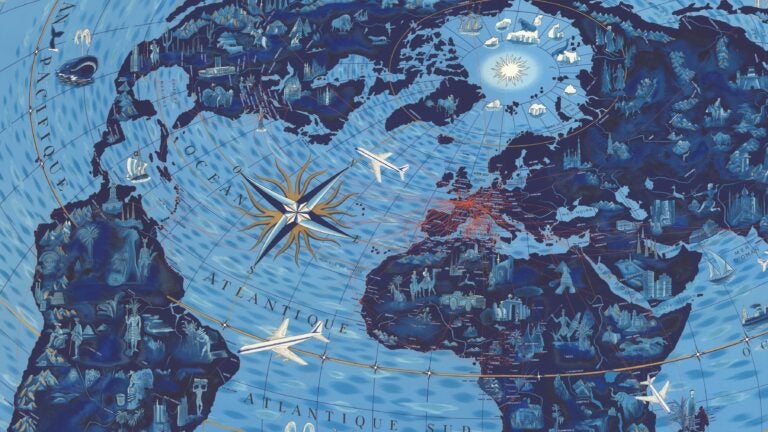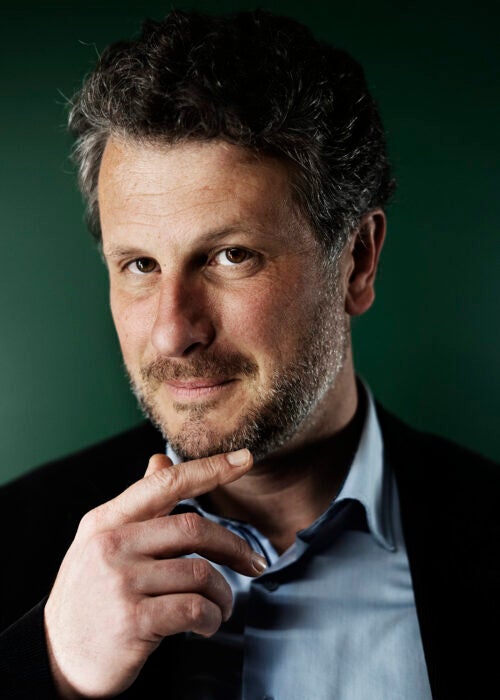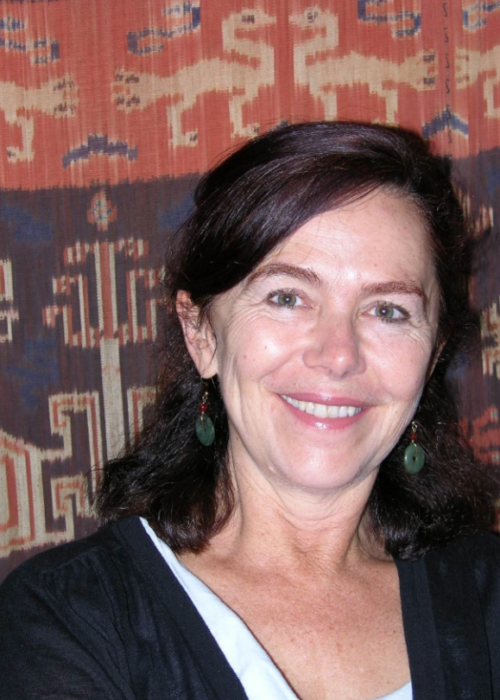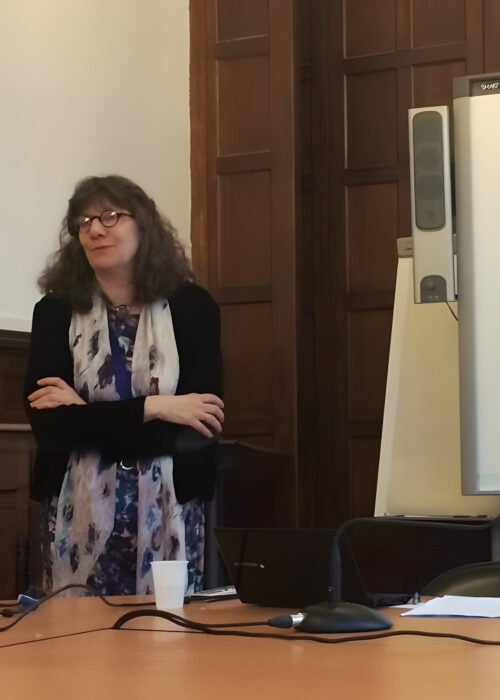What is the EHESS?
USC Dornsife honors a multi-year scholarly cooperation agreement with the École des hautes études en sciences sociales (EHESS; School of Advanced Studies in the Social Sciences). The EHESS is one of France’s leading institutions of higher education, focusing on the humanities and humanistic social sciences. It houses over 800 scholars in a wide range of fields, organized into forty centers, institutes, and research groups.
Visiting Professorship
Every academic year, USC and the EHESS will each host a faculty member from the partner institution as a Visiting Professor for one month. Applications for these Visiting Professor positions will be solicited by the sending institution via an open call for proposals. The successful candidate will receive a stipend to cover travel and living expenses, paid by the host institution.
To host a Visiting Professor from the EHESS: Every year, the EHESS releases an open call to their faculty, requesting proposals for the Visiting Professorship at USC. Dornsife faculty, departments, programs, centers, or institutes interested in hosting a visitor from the EHESS are welcome to contact EHESS faculty to encourage them to respond to the EHESS’s call. The cost of hosting a visitor ($6000) will be split between Dornsife College ($4000), Levan ($1500), and the hosting unit ($500). The internal EHESS deadline for the CFA is usually end of March. If you are interested in hosting, please contact Nathan Perl-Rosenthal at ehesspartnership@usc.edu well before that deadline for further information on the process.
To go to the EHESS as a Visiting Professor: Tenured associate and full professors with primary appointments in Dornsife are invited each year to apply to spend a month in Paris as a Visiting Professor (professeur invité) at the EHESS.
Dornsife-EHESS Visiting Professors
Please note that the 2023–24 EHESS Visiting Professor, Houari Touati, has canceled his trip to USC this year.
Jessica Marglin
Professor of Religion, History, and Law, and the Ruth Ziegler Chair in Jewish Studies, University of Southern California
Frédéric Keck
Senior Researcher at the Laboratory of Social Anthropology, École des hautes études en sciences sociales. Hosted by the USC Center on Science, Technology, and Public Life
Janet Hoskins
Professor of Anthropology and Religion, University of Southern California
Nancy Green
Professor Emerita of History, École des hautes études en sciences sociales. Hosted by the USC Department of History.
Pierrette Hondagneu-Sotelo
Professor Emerita of Sociology, University of Southern California
Header image: “Le Plus Grand Reseau du Monde,” Lucien Boucher, Air France, 1964, David Rumsey Map Center
Contact Us
Office
3501 Trousdale Parkway
THH 348
Los Angeles, CA 90089
Staff
Director: Daniela Bleichmar
Associate Director: Zach Mann
Assistant Director: Isabella Carr






